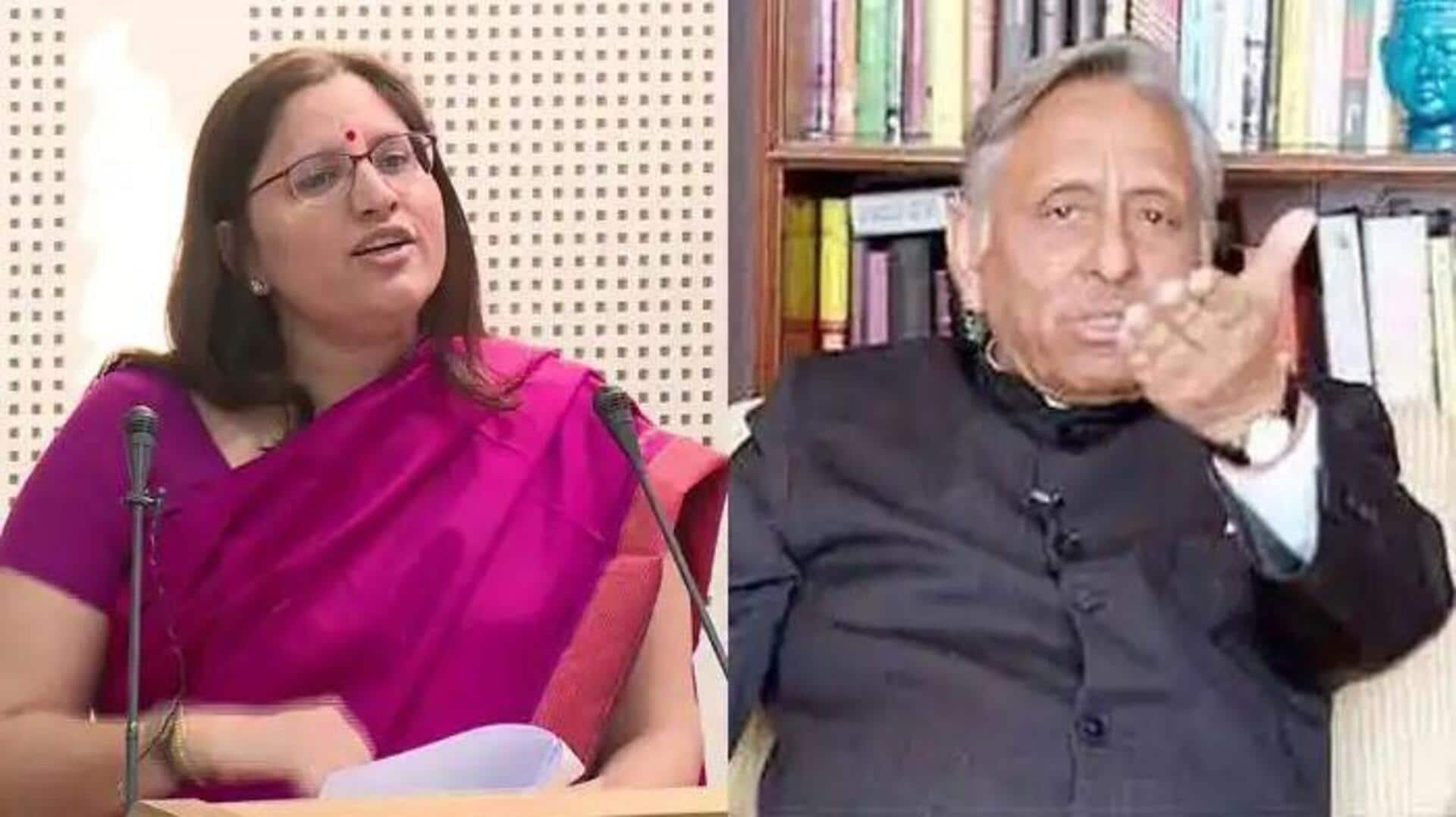
Mani Shankar's daughter gets eviction notice over Ram Mandir post
What's the story
Congress leader Mani Shankar Aiyar's daughter, Suranya Aiyar, has received an eviction notice from the Resident's Welfare Association (RWA) of Delhi's Jangpura Extension. The letter is in response to Suranya's social media post criticizing the Ram Mandir consecration ceremony on January 22. The RWA asked her to relocate to another colony in case she believed what she did was correct. "We do not appreciate a resident rant that may disturb the peace...or hurt the religious sentiments...," it said.
Context
Why does this story matter?
The controversy started after Suranya, in a Facebook post on January 19, stated that she was fasting for three days in protest against the Pran Pratishtha ceremony of the Ram Mandir. Suranya has said she does not live in the house, which is owned by her father, as per his affidavit submitted to the Election Commission of India (ECI). Aiyar is yet to respond to the letter.
Association's statement
RWA tells Suranya to apologize or move out
The RWA has also asked Suranya to apologize and requested that Aiyar condemn his daughter's actions. RWA President Dr. Kapil Kakar said that Suranya's comments were "unbecoming of an educated person" and could potentially disturb societal peace and harmony. "A hate speech and act by a resident like you, Ms Aiyar, for announcing a 3-day fast, in a peace-loving locality where most residents inhabiting here came from Pakistan after losing...their wealth and fortune, is highly unfortunate," the letter said.
Twitter Post
The letter that was sent to Suranya Aiyar
कांग्रेस के खून में ही हिन्दू विरोध भरा है.#मणिशंकर_अय्यर की बेटी #सुरन्या_अय्यर राम मंदिर का विरोध कर,उन मुगलों के गुणगान गा रही है जिन्होंने देश को लूटपाट और अत्याचार के अलावा कुछ नहीं दिया पर अब तुष्टीकरण के दिन लद गए है,बाप बेटी को पड़ी लात इसका प्रमाण है@journalistRajan pic.twitter.com/axbi4DXZ4n
— Amit Kharkhari (@KharkhariAmit) January 30, 2024
In the letter
Ram Mandir built after Supreme Court verdict: RWA
The association also pointed to the fact that the temple was built after a 5-0 Supreme Court verdict. "You might take the cover of freedom of speech but please remember as per Supreme Court of India freedom of speech cannot be absolute," it added. On November 9, 2019, a five-judge Constitution bench ruled that the entire 2.77 acres of disputed land be handed over to a trust to be constituted for the construction of the temple.
SC ruling
5 acre plot allocated to the Sunni Waqf Board
The trust later came to be known as the Shri Ram Janmabhoomi Teerth Kshetra. The court also allotted a five-acre plot to the Sunni Waqf Board for building a mosque. Five years later, on January 22, lakhs of devotees gathered at Ayodhya for the consecration of the Ram Temple. The temple is being built on a 2.67-acre site within a 70-acre complex. Only the first phase has been completed; the second and final phase is expected by December 2025.